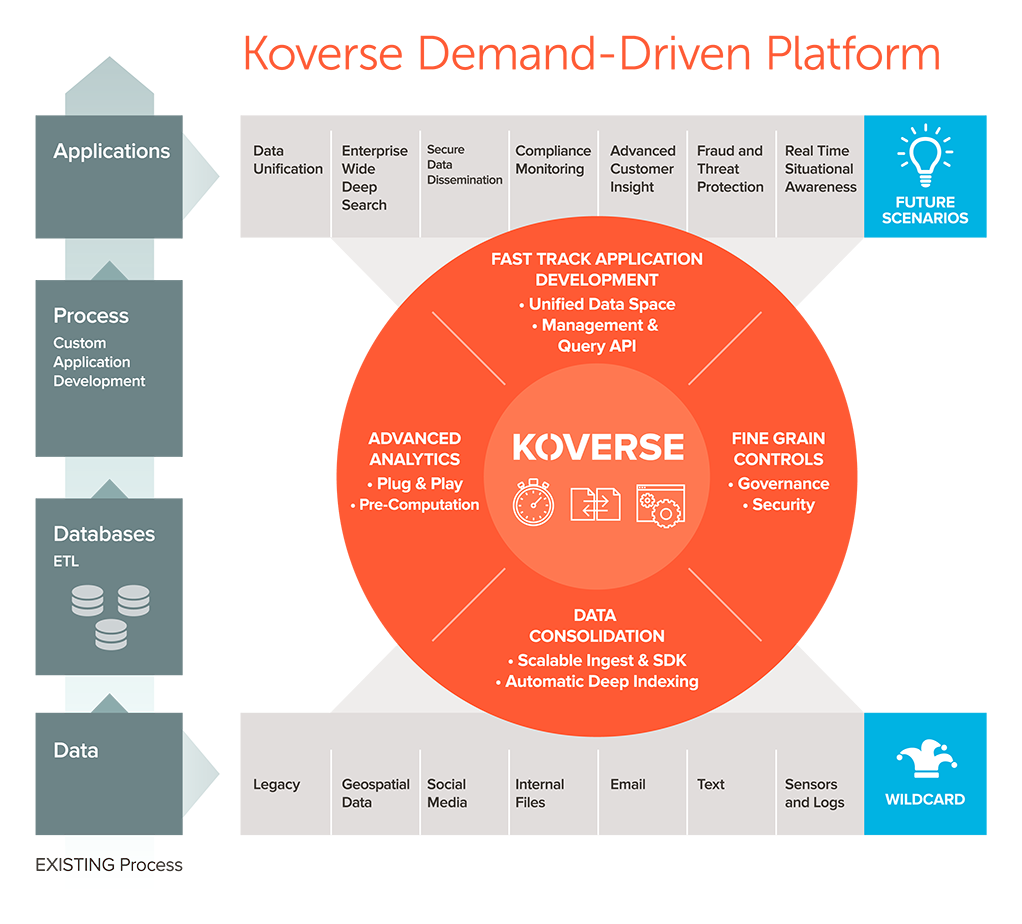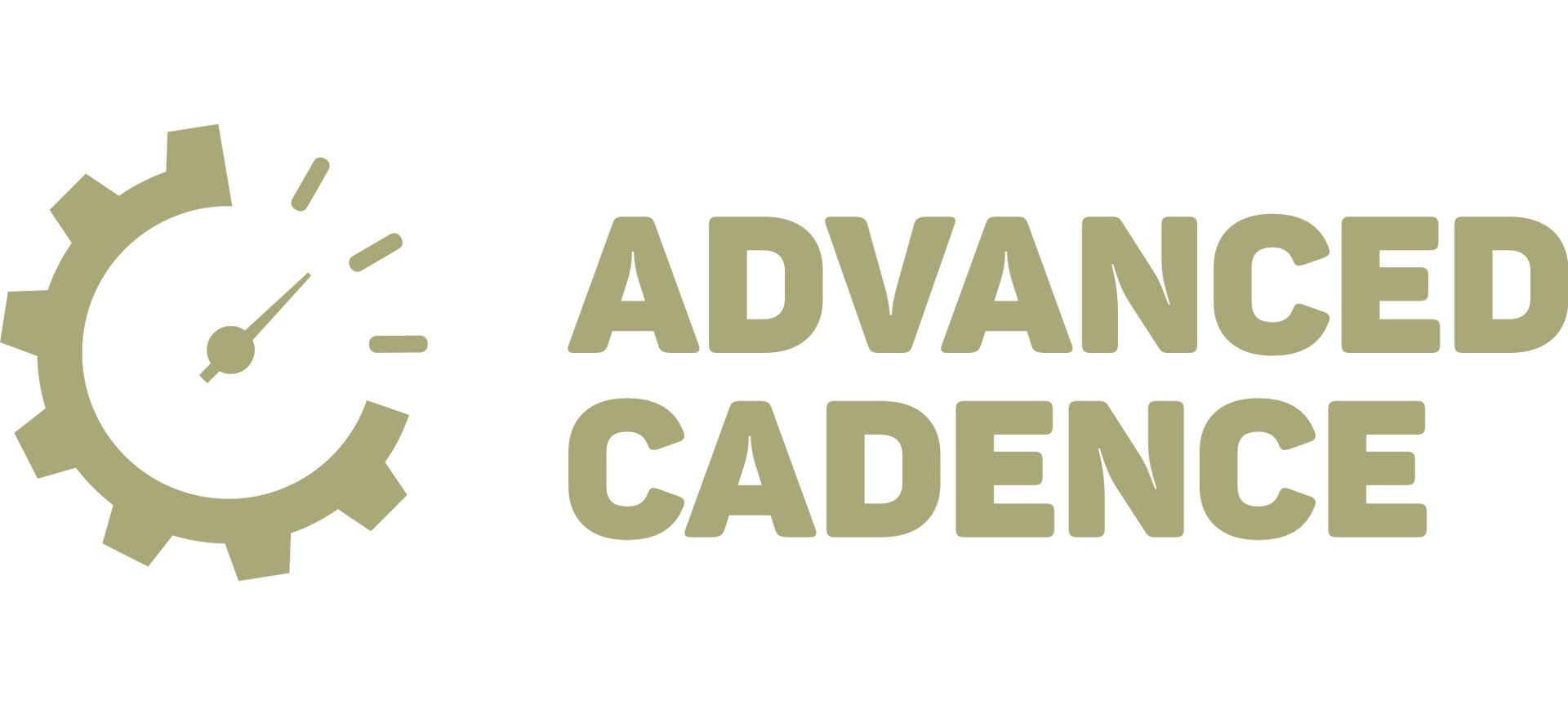D A T A S E C U R I T Y
ABAC: Attribute-Based Access Control
Secure Open Source Project: Apache Accumulo
Secure Commercial Product Project: Koverse
unparalleled EXPERIENCE
Advanced Cadence developed the strongest fine-grained access control technology for protecting data across industry, intelligence, and defense.
“ABAC [Attribute-Based Access Control] enables precise access control, which allows for a higher number of discrete inputs into an access control decision, providing a bigger set of possible combinations of those variables to reflect a larger and more definitive set of possible rules to express policies.” - NIST 800-162
Attribute-Based Access Control (ABAC) is a long-standing concept in the field of information security, emphasizing the use of attributes—such as user roles, environmental conditions, or data properties—to govern access to resources. While its theoretical underpinnings have existed for decades, specific implementations have increasingly leveraged ABAC at a fine-grained scale to safeguard sensitive data in software applications.
This capability has been notably advanced by the founders of Advanced Cadence, who have applied ABAC principles to modern software architectures, as described below.
By incorporating rich, attribute-driven policies, they have enabled the dynamic and context-aware protection of data, ensuring compliance and security even in complex, multi-user environments. Their efforts exemplify how foundational security models like ABAC can be innovatively tailored to meet contemporary challenges in data access and protection.
SECURE OPEN SOURCE PROJECT:
Apache Accumulo
Apache Accumulo is a distributed key-value store inspired by Google’s Bigtable, developed by the founders of Advanced Cadence while working at the National Security Agency (NSA) in 2008 to address the need for fine-grained data access control in large-scale data storage. Unlike other NoSQL databases, Accumulo introduced cell-level security, allowing each data cell to have its own access label, thereby enabling the storage of data with varying sensitivity levels within the same table. This feature is particularly beneficial for organizations requiring stringent data security measures. (PC World)
In 2011, the NSA made a significant move by contributing Accumulo to the Apache Software Foundation as an open-source project. This decision was notable, as it marked one of the few instances where a U.S. intelligence agency released internally developed software to the public. The open-sourcing of Accumulo sparked discussions within the U.S. government, leading to the Senate Armed Services Committee expressing concerns about potential competition with existing commercial products. The Committee included language in the 2013 Defense Authorization Bill requiring the Department of Defense to evaluate Accumulo’s commercial viability before its widespread adoption. (opensource..com) 
Despite these debates, Accumulo has been widely adopted in various sectors, including healthcare and finance, where robust security controls are essential. Its open-source nature has allowed for community-driven enhancements, solidifying its position as a reliable solution for secure, large-scale data storage and retrieval. (dremio) 
SECURE COMMERCIAL PRODUCT PROJECT:
Koverse Data Platform

In 2012, the founders of Advanced Cadence established Koverse, a data platform designed to simplify the adoption of Attribute-Based Access Control (ABAC) across various sectors, including intelligence, defense, finance, and healthcare. Koverse’s platform enables organizations to securely manage and utilize complex and sensitive data, facilitating advanced analytics, data science, and AI applications. (Koverse) 
The platform’s security-first approach, incorporating ABAC, has been particularly beneficial for industries requiring stringent data access controls. Koverse’s success in delivering scalable and secure solutions attracted the attention of Science Applications International Corp. (SAIC), leading to its acquisition in 2021. This strategic move aimed to enhance SAIC’s AI and analytics capabilities, allowing them to offer advanced data management solutions to security-conscious customers across government and commercial sectors. (NASDAQ) 

